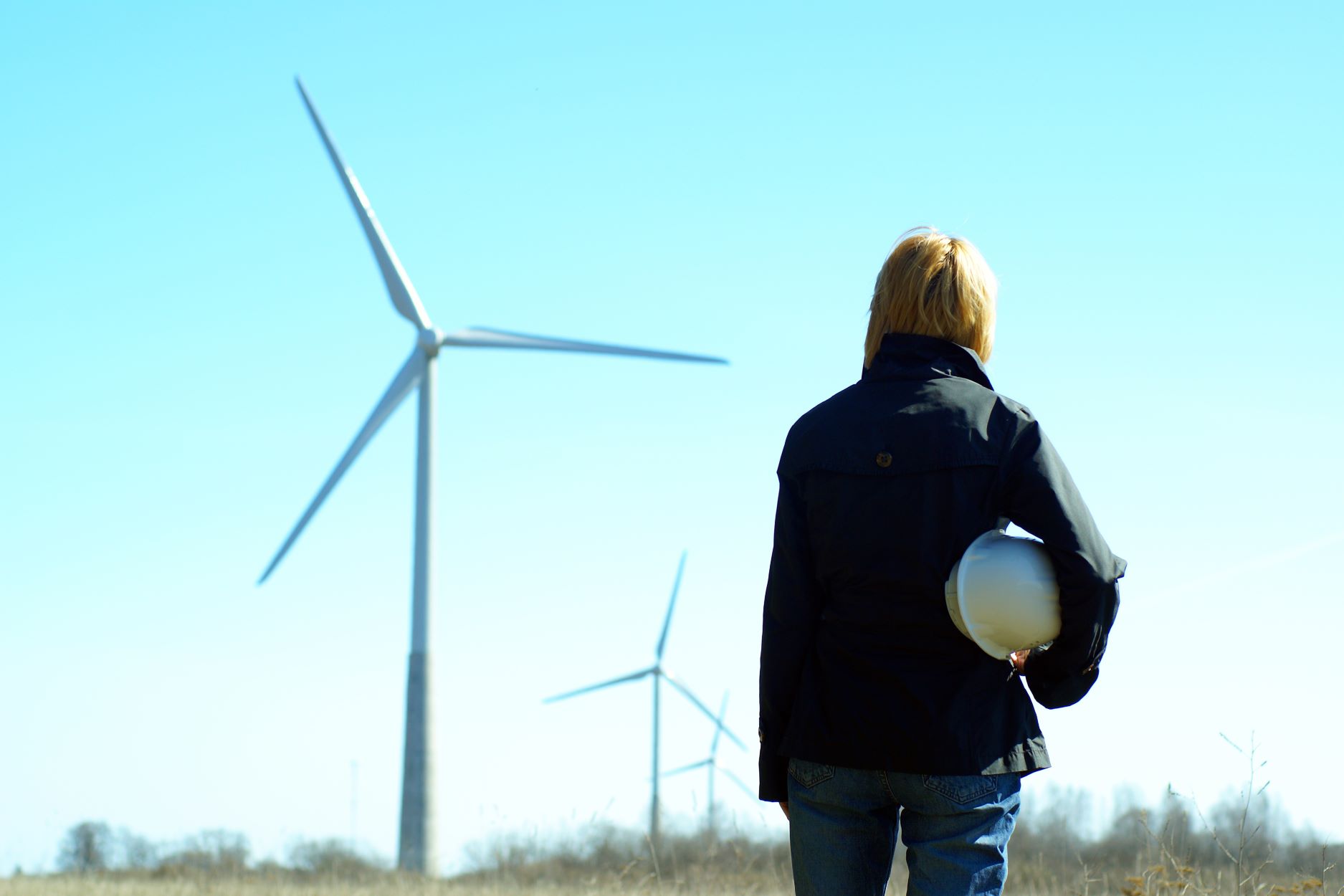 With the UK lagging behind most European countries in generating electricity from renewables, Juliet Davenport argues that decarbonising the UK economy requires urgent and radical thinking. We should harness consumer dissatisfaction with high energy prices to spur innovation in green technologies, and explore ways in which we can shake up the current energy marketplace.
With the UK lagging behind most European countries in generating electricity from renewables, Juliet Davenport argues that decarbonising the UK economy requires urgent and radical thinking. We should harness consumer dissatisfaction with high energy prices to spur innovation in green technologies, and explore ways in which we can shake up the current energy marketplace.
The recent International Energy Agency (IEA) report sends the message loud and clear: we are simply not doing enough to move away from burning fossil fuels. It’s inevitable that in the coming weeks renewable sceptics, including those here in the UK, will seize upon the IEA’s warning as evidence that the race to decarbonise our energy market and limit the impact of climate change is over.
But the IEA is unequivocal in its conclusions; the way forward is to go faster, rather than go backwards and raise the white flag of surrender. As Executive Director Maria van der Hoeven put it here recently, “we need a rapid expansion in low-carbon energy technologies if we are to avoid a potentially catastrophic warming of the planet”.
That demands some radical thinking and action. It’s obvious that here in the UK we need to look beyond our business as usual approach to take us to the next level. We’re one of the worst performers in Europe when it comes to our overall use of renewable energy, with only Malta and Luxembourg generating less electricity from renewable sources. Progress is now being made, but not fast enough. We still lag way behind our European neighbours. The good news is that we already have the ability to move things forward quickly, but we must be more radical when it comes to the way we design our energy market to harness that ability.
There is no better example than the UK of how far reaching that change needs to be. Our reliance on old, complex, carbon-intensive technology means that we have a highly centralised system of power plants. That means billpayers are almost wholly dependent on a small group of suppliers to get the energy they need. And at a time when that system’s reliance on imported fossil fuels means that bills will only go up, we’re all left horribly exposed to the often brutal realities of the international energy markets.
As it stands consumers haven’t got a chance of having any real and lasting control over their bills, and that’s leading to the mass disengagement and sky-rocketing levels of disillusionment that we’re now seeing amongst billpayers. As voters, consumers and bill payers we should be looking to those in charge to take a different, more innovative approach.
- What if that consumer dissatisfaction could be harnessed to speed up the deployment of renewables?
- What if giving people the ability to reduce their bills by generating their own clean electricity or by investing in community projects would unlock billions of pounds of investment in renewables from the bank accounts of private households and businesses?
- What if those projects helped ordinary people and businesses enter the energy market, boosting competition to help keep prices down?
- What if consumers buying more green electricity meant that suppliers were encouraged to invest in renewable generation, reducing their reliance on the snail pace of Government policy?
- And what if new smart energy tariffs linked to renewable generation allowed consumers to save money if they use their energy in an environmentally responsible way?
We have the technology, we have the knowledge and we have the ability to deliver all of these things. But the archaic structure of our current marketplace means that they will take far longer than necessary to deliver, when we need them delivered now. The fact that UK energy policy is only just starting to think about these questions when we should already be answering them strikes at the heart of the urgent need for those responsible to really get to grips with how our market could and should change for the better.
To achieve the kind of rapid transition to a truly decarbonised energy market the IEA envisages, the rules of the game have to change. We just need policymakers to start playing it.
This article was originally published on HuffPo UK.
Note: This article gives the views of the author, and not the position of the British Politics and Policy blog, nor of the London School of Economics. Please read our comments policy before posting.
Juliet Davenport OBE is CEO & Founder of Good Energy. Follow her on Twitter: www.twitter.com/Good_Energy







Yeah I totally agree. We are a commercial insurance broker which specialises in renewable energy insurance. We have noticed some huge set backs from the government FIT cuts but we saw growth in other areas. I will give this a retweet & follow you on twitter & hope we can generate a little more awareness.